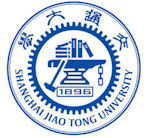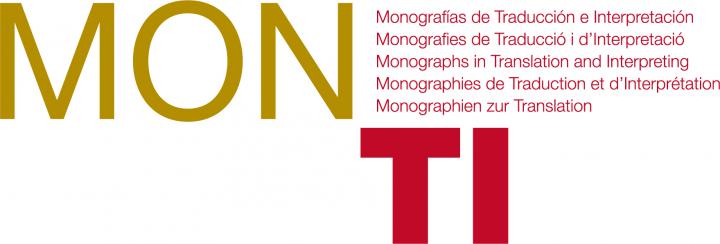Researching Translation and Interpreting I
The Challenge and Promise of Interdisciplinarity
13-15 October 2017
School of Foreign Languages, Shanghai Jiao Tong University, Shanghai, China
First Call for Papers
A relative newcomer to the academic world and initially associated with vocational training, translation studies is now firmly established as a vibrant research field in many if not most universities around the world. In their various modes and diverse manifestations, translation and interpreting have further engaged scholars located well beyond the boundaries of translation studies – including sociologists, media and film specialists, forensic linguists, literary scholars and political scientists. Special issues focusing on translation and interpreting continue to appear in leading international journals such as Comparative Literature Studies, Social Dynamics, The Yale Journal of Criticism, Journal of Pragmatics, Journal of Visual Culture, Language and Literature, Discourse, and Public Culture, among many others.
Alongside the growth of interest in translation among scholars from various disciplines in the humanities and sciences, interdisciplinarity has become a key goal for academic institutions everywhere. But what does interdisciplinarity mean, generally as well as more specifically, in the context of translation studies? Does it mean borrowing methods and theoretical models from one or more other disciplines to address a research question that is specific to translation studies? Or does it mean addressing a question that is broader than the concerns of a single discipline such as translation studies by drawing on the knowledge and methodologies elaborated in several disciplines? And how does each type of encounter impact translation studies as a borrowing or collaborating discipline?
Organised to launch the Baker Centre for Translation and Intercultural Studies at Shanghai Jiao Tong University, and as the first of a series of events and initiatives to be carried out under its aegis, this international conference will bring together established scholars as well as doctoral students and early career researchers to examine various facets and challenges of pursuing interdisciplinary research on translation and interpreting, and of defining translation studies as an ‘interdiscipline’. Contributions that focus on the negotiation of different epistemologies of knowledge, theoretical models and research methodologies are welcome, as are those that present case studies in which insights from other disciplines are operationalized, critiqued and adapted.
Potential themes of interest include but are not restricted to the following:
- Interdisciplinary models for researching translation and interpreting in new settings, such as digital platforms, social media, asylum hearings, refugee camps;
- The adaptation of theoretical insights and models from sociology, cultural theory, media studies, linguistics and other disciplines to address research questions in translation studies;
- Models of collaboration across the human and natural sciences and the potential contribution of translation studies in this context;
- The use of translation as a critical category to interrogate the tenets and long held assumptions of another discipline;
- The application of specific methods of research, such as ethnography or genetic criticism, in the study of translation and interpreting;
- Interdisciplinary models for theorizing and researching communities of translators and interpreters;
- Interdisciplinary models for theorizing and researching cognitive aspects of translation and interpreting;
- The ethics of interdisciplinary research.
The language of the conference is English.
Conference Programme
The conference programme is available online:
Further Information
https://www.jiaotongbakercentre.org/activities/conferences/researching-translation-interpreting-i/



